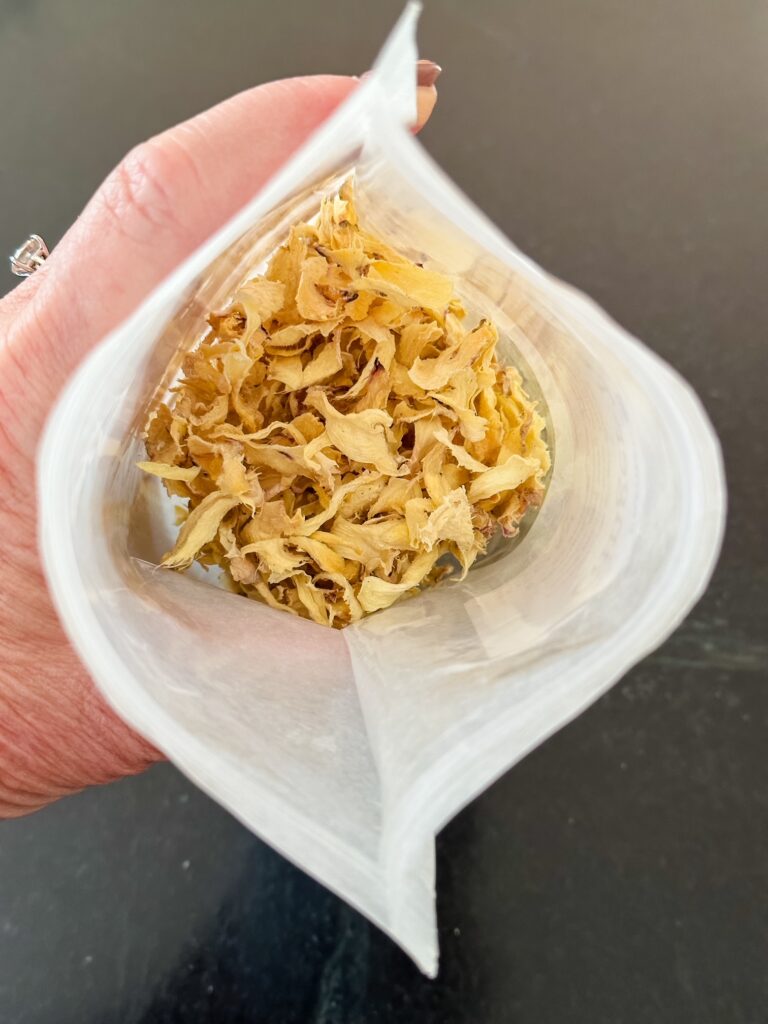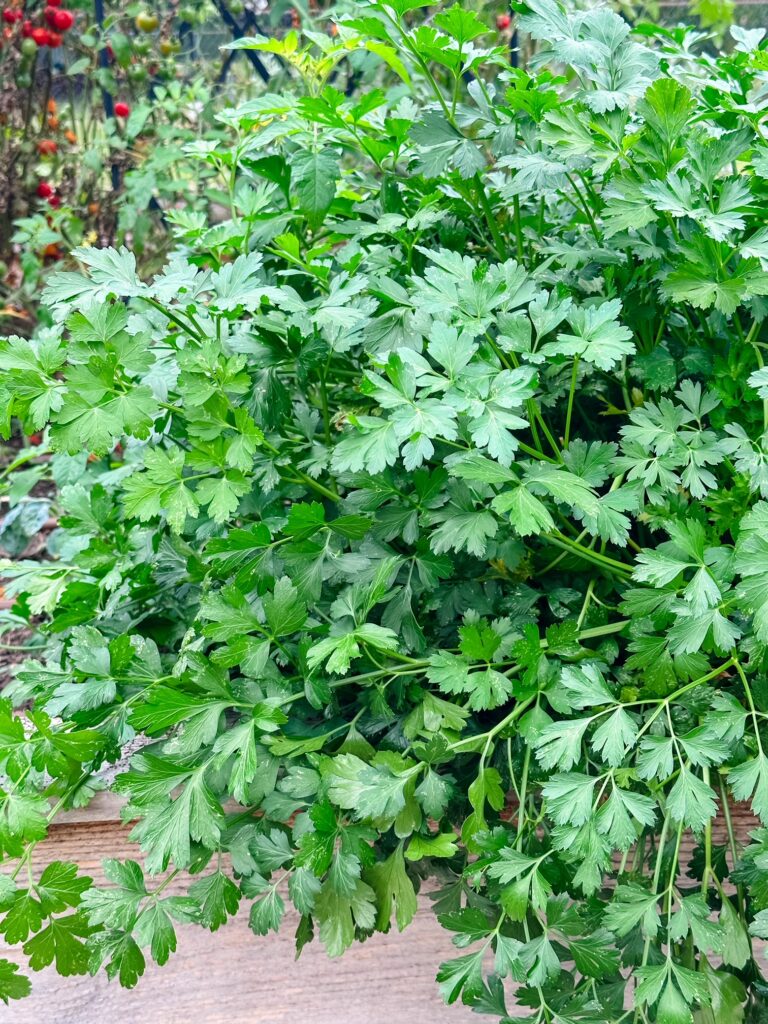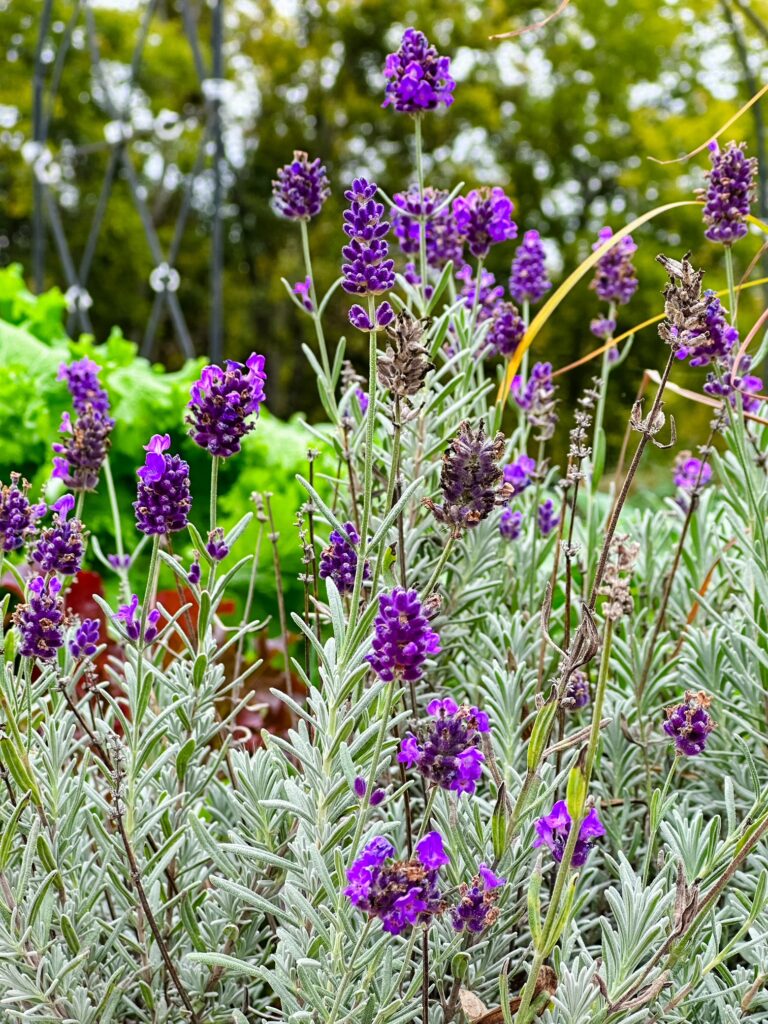
We are heading into the cold/flu season. Surprise! It happens at the same time every year. Hopefully, we won’t lose our heads over it this year like what has happened in recent years past.
Because I’m interested in uncovering and learning the lost wisdom of more natural remedies using plants (food) as medicine, I recently dried a batch of fresh, raw ginger to use in various herbal concoctions and medicinal teas (like Ginger Tea and Fire Cider).
Ginger is a member of the botanical plant family that includes cardamom and turmeric. It is a little bit peppery and sweet and has a powerful zesty scent, which is why my house smells pretty wonderful right now.
If your mother ever gave you ginger-ale to soothe an upset stomach then you already know that ginger is most commonly known for relieving nausea, upset stomachs, morning sickness, and motion sickness. But there are many other health benefits for using ginger as well. For the sake of brevity, I have listed just five below.
- Relieves nausea and upset stomachs.
- Improves digestion. Ginger increases movement in the digestive tract and promotes healthy enzymes that help break down the foods we eat. Ingesting ginger on a regular basis can help with common digestive issues like indigestion (no more Tums or anti-acids), ulcers, constipation, and IBS (Irritable Bowel Syndrome).
- Improves natural immunity. Gingerol, the bioactive compound found in raw ginger boosts immunity with its anti-microbial and anti-fungal properties. These properties improve coughs, lower fevers, fights off infections, relieves headaches, and eases other symptoms of common colds and flu.
- Reduces pain. Ginger is a natural pain reliever (goodbye, Tylenol and ibuprofen). Gingerols act as an anti-inflammatory and work to eliminate compounds in the body that result in pain (like arthritis and joint mobility).
- Improves brain function. Studies show that chronic inflammation affects your brain over time and may cause it to decline. This could result in cognitive conditions, mental health struggles, or Alzheimer’s disease. Ginger reduces inflammation and protects the brain from free radicals due to powerful antioxidants.
Additionally, ginger even releases dopamine and serotonin to help fight mental illnesses like depression and anxiety.
More and more, I am convinced that the food we consume IS medicine. It’s no secret that in days past women relied on wisdom, common sense, and pantries well-stocked with herbs to help their families with common ailments.
With few exceptions, these herbal remedies were made from plants and herbs that grew in the kitchen garden or were gathered in nearby fields and woods.
In stepping back onto this well-traveled, though over-grown, path of ancestral wisdom- in returning to the use of whole foods and healthy herbs in our lives- I intend to live a more natural lifestyle that supports the good health and wellness of my family and my community.
Other herbs growing in my Fall kitchen garden: flat-leaf Italian parsley, lavender, sage, and dill.





